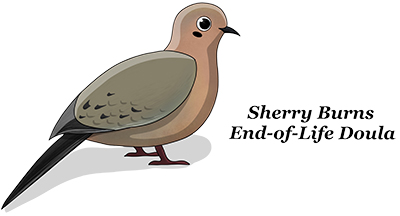Children and Grief
Names have been changed to protect and respect the privacy of the people in these events.
On a quiet Sunday morning a few days before Christmas, I was reading the newspaper and discovered the obituary for my son’s best friend’s father. My son was still asleep, and my husband and I scrambled with thoughts on how to handle letting him know and taking this journey together. My son was seven and his only experiences with death were his paternal grandfather’s (my son was only two then) and two gerbils.
After my son was up and had had breakfast, we told him about Jess’ dad. Jess’ parents were divorced, and the father was not part of the family’s daily life. But he was present often enough that our son had certainly met him on multiple occasions. We talked about how sad Jess and his younger brother, Donnie, would be. We talked about how he could be a loving friend by letting Jess and Donnie know he was sad for them and being present with them.
In the days leading up to the funeral, Jess and Donnie came over often, and the boys seemed to enjoy the normalcy and talking about what Santa brought them for Christmas. The boys’ mother also appreciated the free time to deal with the many things on her plate.
On the day of the funeral, our son seemed to take in everything we said to prepare him, including the ritual of dressing in nice clothes to show the family respect.
At the funeral, Jess, his mother, and the family were understandably very subdued and sad. Donnie, who was only four years old, struggled with the circumstances. He couldn’t sit still, talked loudly through the service, and eventually jumped from his seat, ran to the coffin and proceeded to cry out and hit his father’s body. The room fell quiet other than some for whom this expression of anger and grief overwhelmed them, and they gasped.
Much to our surprise, Donnie then ran to the row where we were seated and climbed into my lap. I wrapped my arms around him and held him close. My son looked at Donnie wide-eyed. Donnie’s mother turned and looked relieved to see him nestled in my arms. He remained there, whimpering quietly, for the rest of the service.
In western culture, we are rather death-averse but making progress towards a healthier grasp of this reality. Children who have not yet assumed this attitude of aversion may express their overwhelming grief without inhibition and without following societal norms. As adults, we need to hold space for our grieving little ones, even as we are grieving ourselves. Their emotions are raw, uncensored, overwhelming, and they need safe places to express the full range of emotions they are experiencing.
